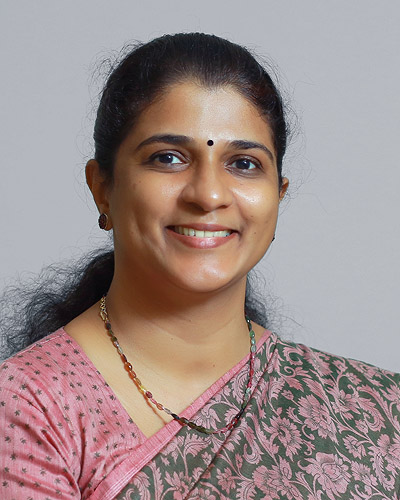Aster Paediatric Endocrinology treats a variety of endocrine issues in kids and teens, including thyroid illness, diabetes in kids, and more. We treat and care the children with hormonal issues and endocrine diseases with expert’s opinion.
Aster Paediatric Endocrinology team includes surgeons, gynaecologists, geneticists and adult endocrinologists, to provide coordinated and comprehensive care. Many paediatric endocrinologists are actively involved in clinical research.




